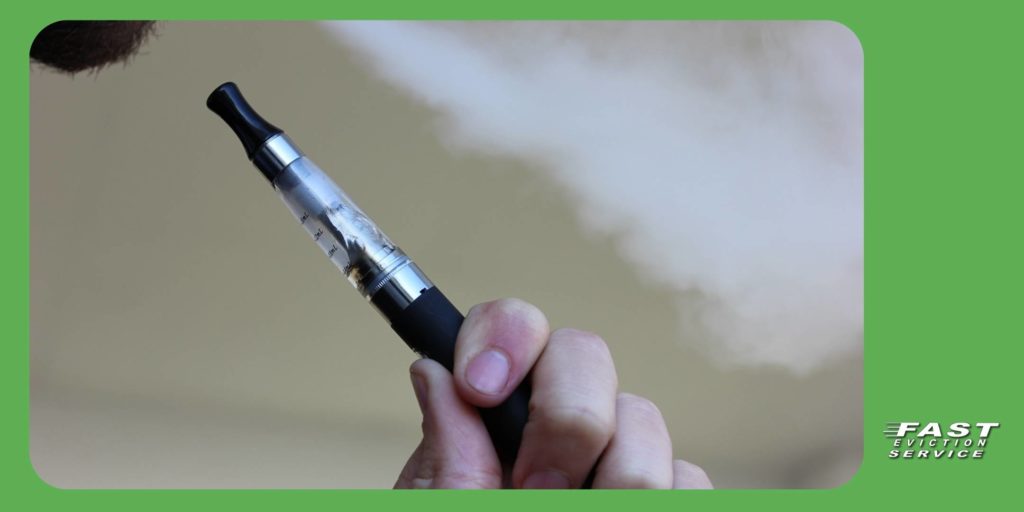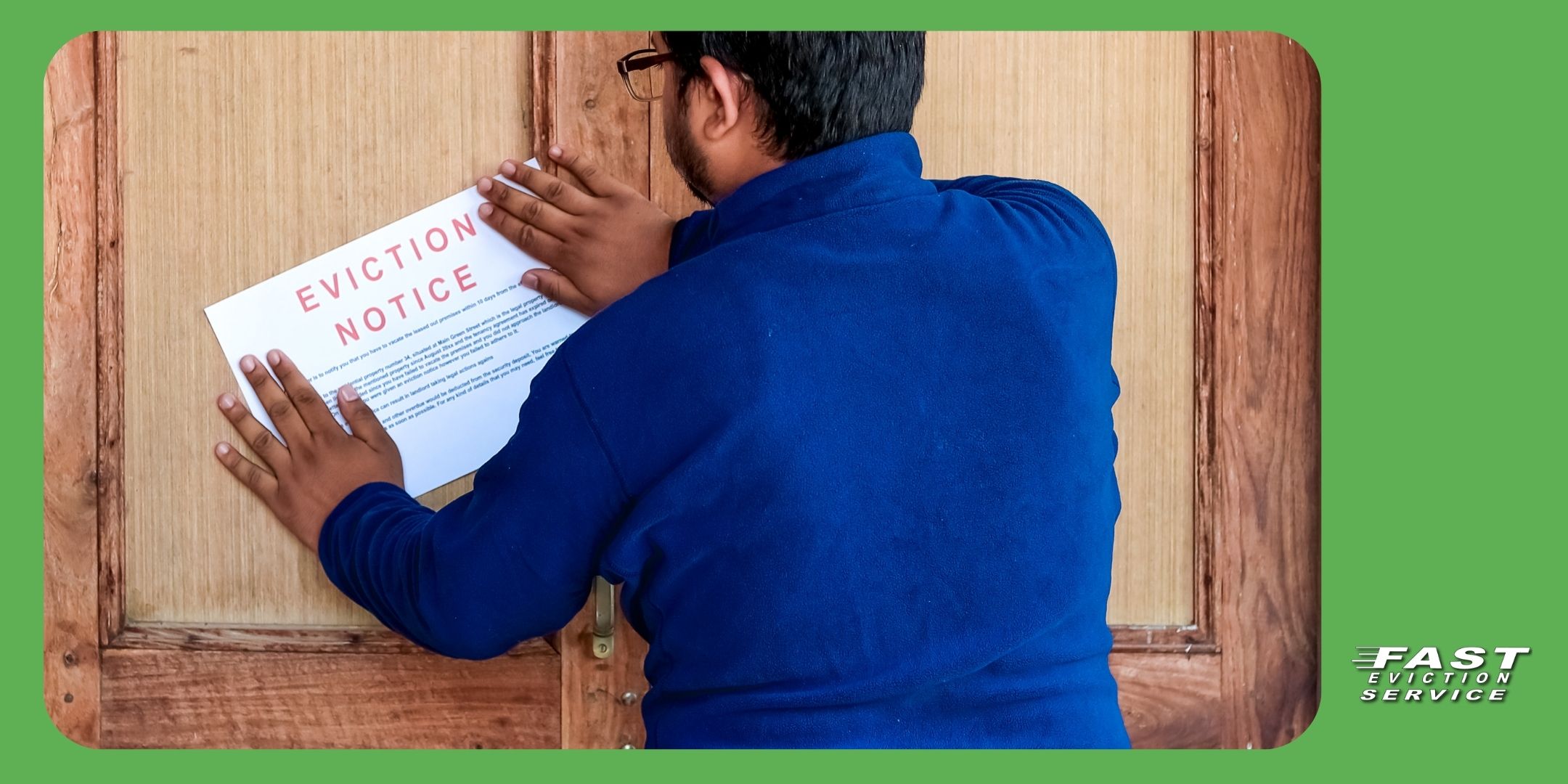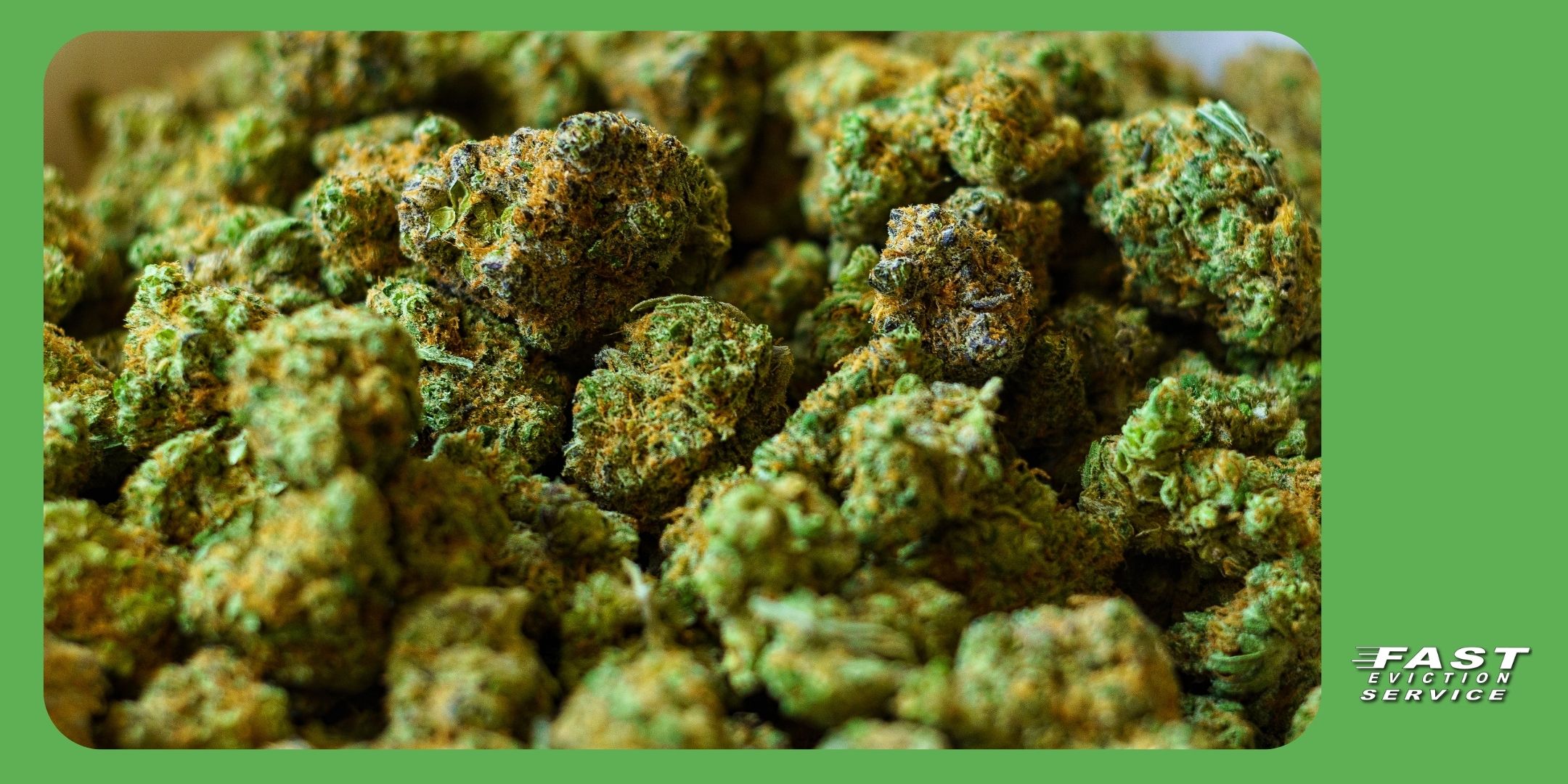Updated 6/04/24
Do you allow vaping in rental property? It’s a common practice that most landlords require tenants to restrain from smoking indoors. As a landlord, chances are that you already prohibit smoking in the lease agreement but since users technically exhale vapor rather than smoke, the standard restrictions found in most lease contracts may not apply to vaping.

Currently, the use of electronic cigarettes is prohibited wherever smoking is prohibited. (Cal. Bus. & Prof. Code § 22950.5(c) (2023). The use of vaping in rental property is left to the landlord to decide whether it is allowed or not. Cal. Civ. Code § 1947.5 (2023)
Is Smoking Illegal in Rental Property?
The California Smoke-Free Act prohibits smoking in most indoor workplaces, including common areas of multi-unit residential buildings. While the law originally focused on traditional tobacco products, it has been extended to include electronic cigarettes and vaping devices.
Landlords are required to enforce smoke-free policies in common areas and may choose to establish non-smoking units or entire properties as smoke-free.
Landlords must disclose their smoking policies to prospective tenants. This includes specifying whether smoking is allowed in the unit, in common areas, or on the property at all.
The disclosure should be included in the lease or rental agreement.
Local Ordinances on Vaping
Along with California wide smoking/vaping laws (above), landlords and tenants must also consider local ordinances. Some of these include:
San Francisco – San Francisco has some of the strictest anti-smoking laws in the state, prohibiting smoking and vaping in all multi-unit residential buildings, including individual units and common areas.
This applies to both new and existing leases.
Los Angeles – Los Angeles has laws that restrict smoking in common areas of multi-unit residences, but the rules for individual units can vary depending on the specific area within the city.
Landlords can implement their own no-smoking policies for their properties.
Related: LA Moving Towards Smoke Free Apartments
Santa Monica – Santa Monica prohibits smoking in all new multi-unit residential leases and restricts it in common areas. Existing leases may be subject to different rules unless updated.
What is in E-Cigarettes Anyway?
In order to make the decision of whether or not to allow a tenant to vape on rental property, one should first understand the difference between smoking and vaping. Electronic nicotine delivery systems (ENDS) or e-cigarettes are devices that produce an aerosol by heating a nicotine concentrate. Vaping is a relatively new practice among adults. However, you should know that It is estimated that roughly 10% of the adult population in the U.S use e-cigarettes or vaporizers. This number goes up to 15% among adults between the ages of 21 and 40.
Can Vaping Devalue the Property?
A survey, carried out on 750 prospective tenants or buyers from across the U.S, revealed that 42% of them believed their perception of the home’s value would be negatively affected if they knew that a heavy e-cigarette user lived in the property. 34% stated not to be sure about it, and only 23% said that it would not affect their perception of the home’s value.
Negative Effects of Vaping in Rental Property
Although vaping isn’t technically smoking, just like regular cigarettes, “vapes” usually come with negative effects on the integrity of the property. It can produce a residue that when it builds up over time, can linger long after the users have left the property. In some cases, some surfaces may get an oily feel due to the chemicals, such as glycerin, that are contained in vapes.
Cleaning nicotine out of walls after smoking tenants end their lease is a time-consuming task. When there’s a heavy smoker in a house, you can tell because of the smell of nicotine on the walls and their distinct yellow color.
When vapes heat, they release a nicotine cloud of vapor that dissipates very quickly. Because of this, the impact vaping has on the conditions of the property may not be as aggressive as smoking and it will depend on how much vaping is done indoors.
Make sure to ask prospective tenants about both smoking and vaping habits. This will make tenants accountable for excessive cleanup in the property due to the use of vapes as well, and not just smoking.
Is Vaping Better than Tobacco?
Vaping may have some of the negative effects associated with tobacco but it’s worth noting that the overall conditions of the house will be significantly less affected by vaporizers than what it would by smoking.
In order for vaping to discolor or stain the walls, far longer periods of time are needed. As mentioned before, the clouds of vape dissipate just too quickly for them to do any damage at all, as long as the airflow in the house is guaranteed.
Additionally, vaping doesn’t produce the residual tar that stains walls, windows, and any surfaces that are in contact with cigarette butts. The e-liquid can still technically stain surfaces, especially if some of it is spilled by accident.
Ultimately, if you decide to prohibit vaping in rental property, please contact a legal professional that can help you write the lease contract with the right terms and conditions so that your tenants become fully aware of your rules and conditions before the lease contract is signed.


